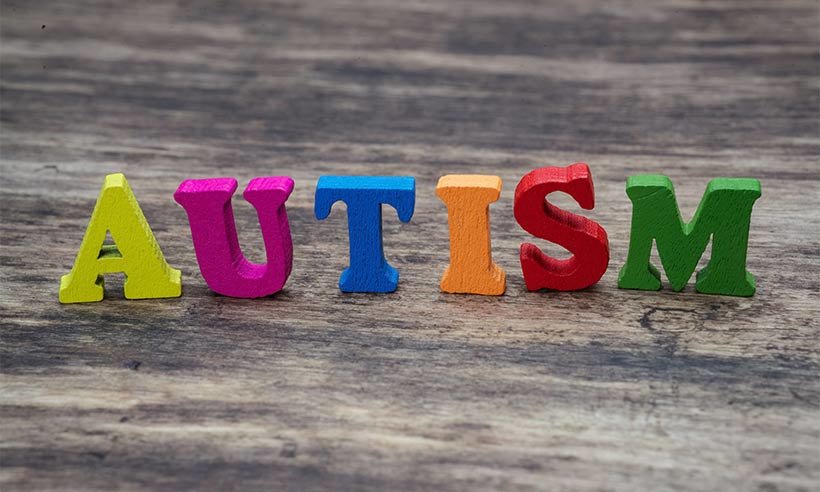Iran develops smart system for early autism screening

TEHRAN – A group of Iranian experts have developed a smart comprehensive system for early autism screening by using smart systems and methods like smart toy cars, cognitive plays and smart screening system.
The system can be setup in kindergartens as well as medical centers in all parts of Iran and can be used without the need to a physician, executive director of the project announced.
Manuchehr Moradi Sabzevar said that the project will be set up in different parts of the country in coming two years.
Autistic children need a range of educational, social and medical services, which will be done through cooperation between psychiatrists, physicians and social workers, project co-worker Hamidreza Pouretemad explained.
The true process of recognition and rehabilitation for autistic children allow them to have a better social life in the future, he explained.
He highlighted the importance of early recognition in autism, which leads to natural learning and development of children.
In a press release published by IRNA in late May, Mohammad Taqi Jaghtaei, an advisor to the Ministry of Health, said that it is anticipated that nearly 30,000 children under age five are suffering autism in the country, as prevalence is estimated at 1 in 250 births, and with 1.5 million births per year in Iran some 30,000 are possibly suffering autism, he explained.
Autism spectrum disorders (ASD) are characterized by social-interaction difficulties, communication challenges and a tendency to engage in repetitive behaviors.
World Health Organization estimates that 1 in 160 children has an autism spectrum disorder worldwide.
Autism cannot be diagnosed at birth. A study, published in February 2010 in Science Daily, of the development of autism in infants, comparing the behavior of the siblings of children diagnosed with autism to that of babies developing normally, has found that the nascent symptoms of the condition -- a lack of shared eye contact, smiling and communicative babbling -- are not present at 6 months, but emerge gradually and only become apparent during the latter part of the first year of life.
SB/MQ/MG
